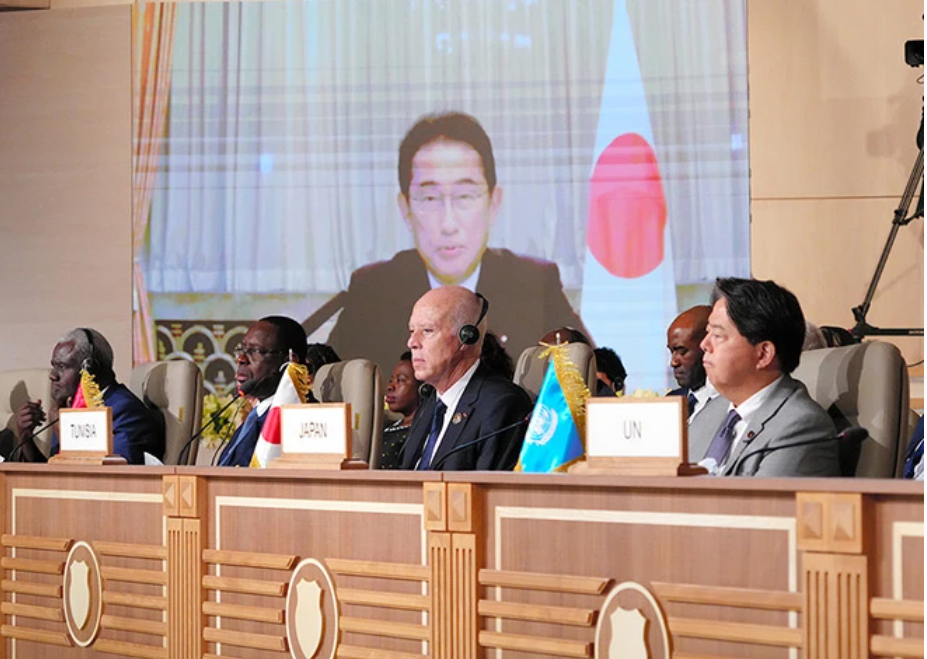At the Ninth Tokyo International Conference on African Development (TICAD 9), Japanese Prime Minister Shigeru Ishiba announced sweeping initiatives to deepen Africa–Asia ties, including the creation of a proposed “Indian Ocean–Africa economic zone” linking Africa with India and the Middle East.
Tokyo pledged $5.5 billion in loans, arranged through the African Development Bank, to boost sustainable development and ease Africa’s mounting debt burdens. Japan also committed to training 30,000 AI experts over the next three years to accelerate digital transformation and job creation across the continent.
United Nations Secretary-General António Guterres used the platform to renew calls for global reform, stressing Africa’s exclusion from permanent membership on the UN Security Council and urging an overhaul of the “unjust and unfair international financial architecture.”
African Union Chair and Angolan President João Lourenço underlined persistent obstacles to growth, citing Africa’s high-risk classification by lenders: “Many African countries have been rated as high-risk borrowers, making them barely eligible for low-cost capital. Yet such capital is absolutely essential for investment in infrastructure, electrification, industrialization, and technological advancement.”
TICAD 9, attended by leaders and delegations from about 50 African nations alongside global organizations, marks Japan’s latest bid to strengthen its influence on the continent amid waning U.S. engagement and rising Chinese presence. The summit covers cooperation in economy, peace, health, education, and climate, with a “Yokohama Declaration” expected later in the week.


